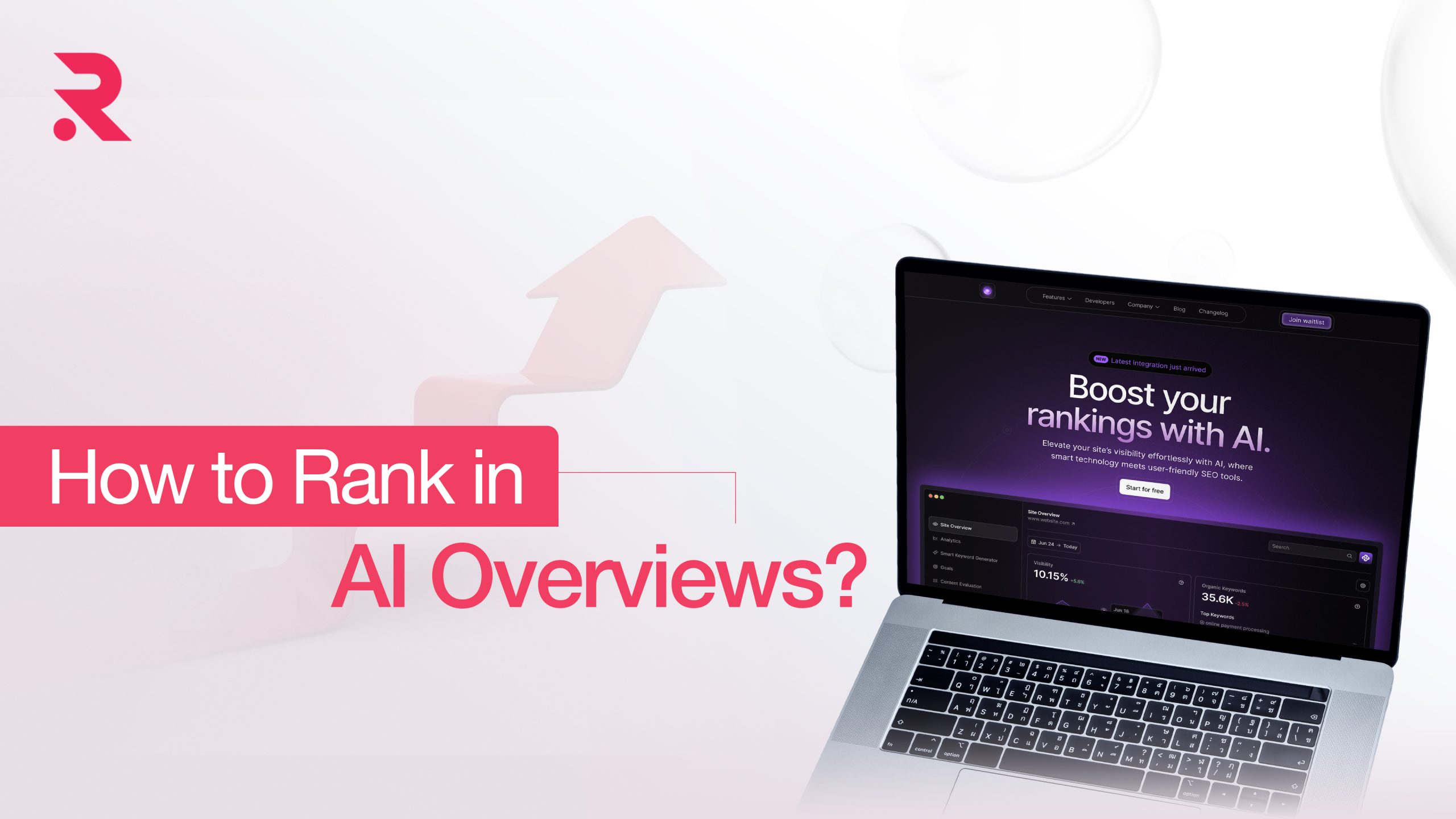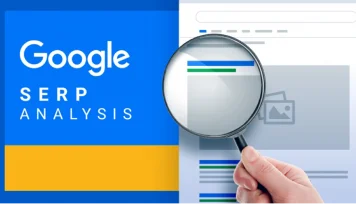Google’s BERT Update: How will it affect content marketing?
- Nov 8, 2019
- By Tarun

The biggest Google updates in the past five years, BERT was announced on October 24, 2019. It has caught many eyes since the day it has been launched. Google has already started rolling out this new update.
Do you know, BERT will affect 1 in 10 search queries?
The algorithm update will not only impact the traffic on your website but also how you perceive it. (your perception towards it).
Before we discuss how this update will affect the SEO and content of your website, it is important to know what it is all about.
What is Google’s BERT Update?
BERT is an acronym for Bidirectional Encoder Representations from Transformers. You must be wondering what it means.
In essence, the Google algorithm has been updated in such a way that it understands the natural language and user’s context in a much better way than before.
Just imagine, you type a number in the search box and get auto-directed to the details of your flight. Or a calculator automatically comes up as soon as you start typing a mathematical equation. Or you simply get a stock chart soon after typing some stock symbols.
Even simpler, you start typing in the Google and its automatic feature completes your sentence.
Similar kinds of things were happening before as well. What was the need of this update when Google had already figured it out earlier?
The difference lies in relevancy. This latest update will enable Google to come up with more relevant answers. The search engine will recognise the difference between different prepositions like ‘or’ and ‘for’ and you will get accurate answers to your queries.
Is it the only change?
It is not. A significant change can be observed in featured snippets as well.
For instance, if you searched for ‘juicy fruits with no Vitamin C’, the results used to be more about juicy fruits and benefits of Vitamin C. However, now Google takes account of ‘no’ as well.
The difference can be clearly seen in these pictures.
You can see how BERT update has given space to more relevant answers and creates a better user experience.

Why was Google’s BERT update brought in?
The update was brought in for the following reasons to aid the complicated search queries and language understanding.
With this update, Google has got better in understanding more prolonged and conversational queries.
Who will be affected by this update?
Currently, 1 in every 10 search result is affected by this update. The number is far bigger in the countries where snippets are already in use. All the digital content updated on your website will have a clear impact.
You will notice a significant difference in your rankings and website traffic. The impact will be positive for quality content and it would likely be negative for the content that is not up to scratch.
The software will continue to learn and the search results will become increasingly relevant.
How will it impact your SEO strategy?
This update is more or less a red alarm for anyone who does not follow Google guidelines and use ‘Black hat SEO’ techniques to crawl in search engines. BERT has just been launched and eventually, it will get better at understanding content and how relevant it is when it comes to answering the questions.
The content which is stuffed from keywords will soon become passé.
You don’t need to worry if you are already on the right track. Rather, you can take advantage of the changes. Now, you can easily outrank your competitors by creating more specific and up-to-the-mark content. Figure out what kind of questions are usually asked and list down the best answers in your content.
Content strategy
The content strategy will face a massive change after this update. There is no point in creating a 2000-word long blog when you don’t have the exact answers. Instead, short and crisp blogs with accurate information/answers will take over the game.
The long podcasts will also lose their relevance and short 2-minute crisp videos will replace them. Also, you don’t need to worry about keyword density with this Google update.
The right place for keywords
Another point you need to take care of is to put the keywords at right places like URL slug, title, meta descriptions and logical headings.
The keyword must be used to deliver the required information to your customers and not to satisfy the traditional 0.5-2.5% of density. Never ever modify your content to match the certain keyword density level. (However, obviously, you know that you are doing wrong when your keyword density is 20% or 0%.)
Losing traffic after the update simply implies that either your content is not relevant or Google has been listing it for wrong terms. Updating the content will help you in getting back to your position.
Where’s the Opportunity?
BERT’s update is all about being relevant. Despite moving around the topic, your content should be specific, especially for informational blogs. Be specific and answer the questions better, better than your competitors. Focus on long-tail terms.
Word limit holds no reference here.
This is for the first time you will be aware of your content mistakes and can improve it for good.
Think about it this way. Suppose a person is searching for ‘how to lose weight without dieting pills’ and he anyhow, landed on your page which explains the benefits of these pills.
The person will simply hit the back button and will search for it again. This is kind of fake traffic with zero chances of conversion. This kind of traffic can only ruin your user-metrics.
The update is an opportunity because you will end-up creating super specific content now. No doubt, you will lose traffic, but there will be a massive increase in your conversion rate.
 Shopify
Shopify

















